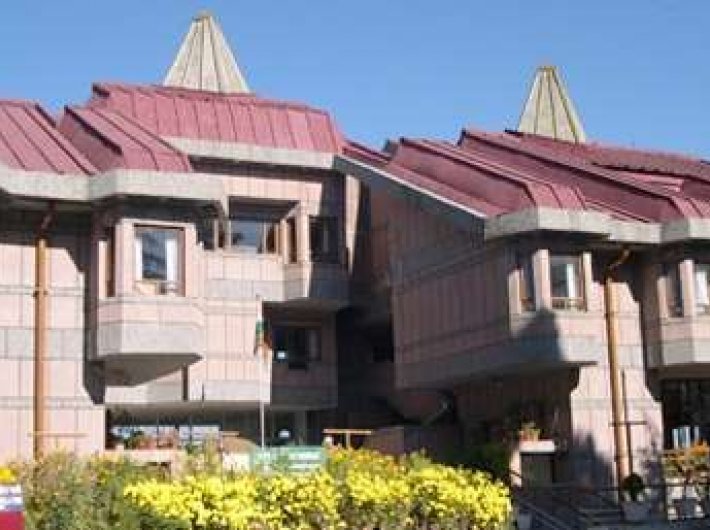The IAS is hamstrung by political interference, outdated personnel procedures, and a mixed record on policy implementation, said the Carnegie research paper
The Indian government should reshape recruitment and promotion processes for the Indian Administrative Services (IAS), improve performance-based assessment of individual officers, and adopt safeguards that promote accountability while protecting bureaucrats from political meddling, said a research paper by Carnegie Endowment for International Peace.
The paper, ‘The Indian Administrative Service Meets Big Data’, by Milan Vaishnav and Saksham Khosla said that India’s economy has grown rapidly in recent years, but the country’s bureaucratic quality is widely perceived to be either stagnant or in decline. While small, India’s elite civil service cadre, the IAS, occupies the nerve centre of the Indian state.
“Unfortunately, the IAS is hamstrung by political interference, outdated personnel procedures, and a mixed record on policy implementation, and it is in need of urgent reform.”
Providing key insights into the IAS, the paper said that for officers early in their careers, exam scores and education are highly predictive of future success.
“Older officers who enter the service as part of larger cadres face limited career prospects and are less effective at improving economic outcomes. While initial characteristics heavily shape career trajectories, in the long term, there are clear rewards for officers who systematically invest in training or acquire specialized skills.”
It added, “Individual bureaucrats can have strong, direct, and measurable impacts on tangible health, education, and poverty outcomes. Surprisingly, officers with strong local ties—thought to be vulnerable to corruption—are often linked to improved public service delivery.
“Political interference generates substantial inefficiency: the best officers do not always occupy important positions, while political loyalty offers bureaucrats an alternative path to career success. Counterintuitively, greater political competition does not necessarily lead to better bureaucratic performance.”
It went on to say that the “central and state governments should pass and implement pending legislation that protects bureaucrats against politically motivated transfers and postings. Despite judicial prodding, most states have stalled on such moves”.
Suggesting that the IAS should use data on civil servants’ abilities, education, and training when placing officers early in their careers, it added that as officers gain experience, performance metrics can inform key decisions about promotion and allocation.
“The government should consider the proposal that officers deemed unfit for further service at certain career benchmarks be compulsorily retired through a transparent and uniform system of performance review. While the present government has moved in this direction, this procedure should be institutionalized.”
It noted that in the annals of global democracy, India holds an unusual status. Almost 70 years ago, at the time of winning its independence from the British Empire, the country instituted a system of universal franchise at an extremely low level of per capita income and when the vast majority of its population lacked even basic literacy. “Over these seven decades, India has surprised many pessimists by sustaining democratic governance despite remaining a very poor country.”
The paper concluded by stating the challenges facing the Indian state in the 21st century are immense. “The country’s fundamentals – a young and growing workforce, a virtually unprecedented urban transition, and a domestic marketplace with seemingly infinite potential – should positively influence its quest to fulfil this promise and sustain high rates of growth. However, India does possess one significant Achilles’ heel: the quality of its public-sector institutions.”
The paper added that any serious reform programme for civil administration must address the infirmities of the core bureaucracy. Although the IAS represents a small share of the overall administrative apparatus, given its control over executive positions at all levels – local, state, and national – it is a critical component. For the first time, thanks to a new body of literature that leverages big data with cutting-edge statistical methodologies, there is rigorous evidence to help inform reform discussions. While the solutions implied by the data are not revolutionary, they have the virtue of being based on solid evidence.
“As the obstacles facing India’s transition to a middle-income economy grow in size and complexity, the country’s policymakers cannot let institutional lethargy get in the way of efficient policy implementation. A modern Indian state requires an administrative apparatus that encourages and recognizes productive high performers, ensures political buy-in within the policymaking process, and values genuine innovations in service delivery over an unquestioning adherence to hierarchy and procedure.”
READ THE FULL REPORT
